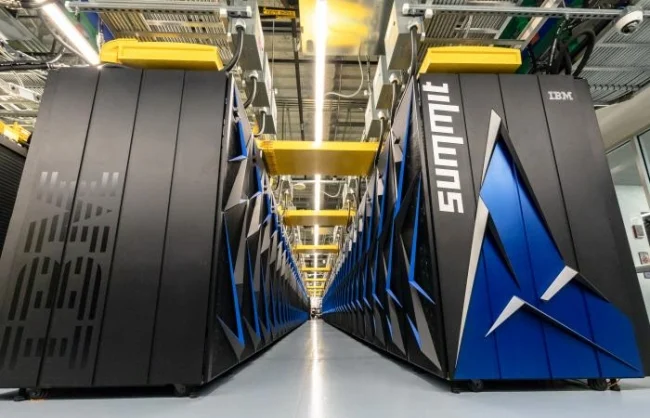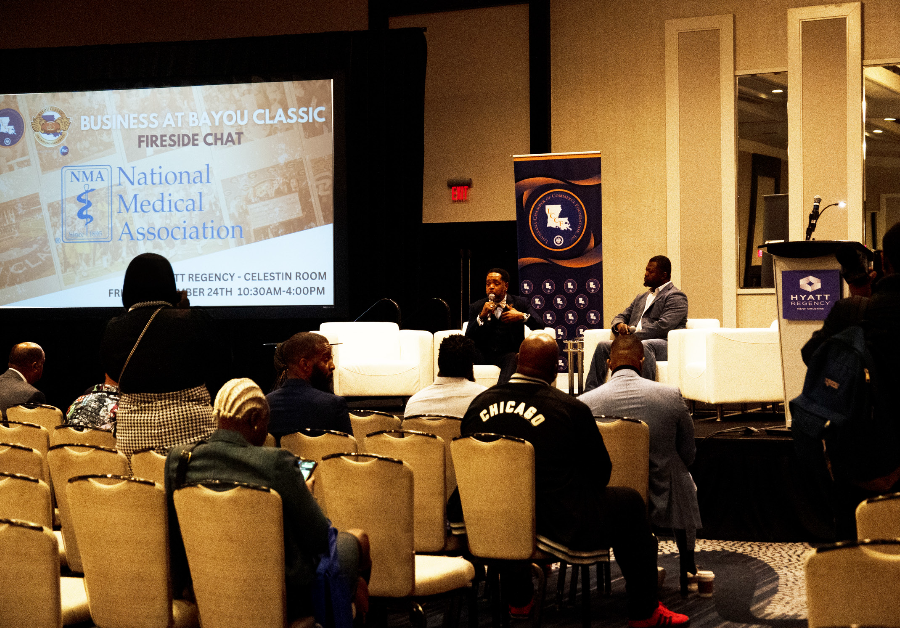Academics Fight for Access to Supercomputers
By Kathryn Palmer Academic researchers know that artificial intelligence (AI) technology has the potential to revolutionize the technical aspects of nearly every industry. And while they’re trained to apply such innovations in ethical, equitable ways, compared to profit-driven tech companies, they have limited access to the expensive, powerful technology required for AI research. That divide has scholars and other government-funded researchers concerned that the developments emerging from the AI Gold Rush could leave marginalized populations behind. For instance, a radiology technician could use a generative AI agent to read X-rays, in theory leading to more accurate diagnoses and better health outcomes. But The post Academics Fight for Access to Supercomputers appeared first on HBCU News.

By Kathryn Palmer Academic researchers know that artificial intelligence (AI) technology has the potential to revolutionize the technical aspects of nearly every industry. And while they’re trained to apply such innovations in ethical, equitable ways, compared to profit-driven tech companies, they have limited access to the expensive, powerful technology required for AI research. That divide has scholars and other government-funded researchers concerned that the developments emerging from the AI Gold Rush could leave marginalized populations behind. For instance, a radiology technician could use a generative AI agent to read X-rays, in theory leading to more accurate diagnoses and better health outcomes. But
The post Academics Fight for Access to Supercomputers appeared first on HBCU News.






/cloudfront-us-east-1.images.arcpublishing.com/gray/BFMUKWSWURCKTM4CQOY4DVUYOA.jpg)





